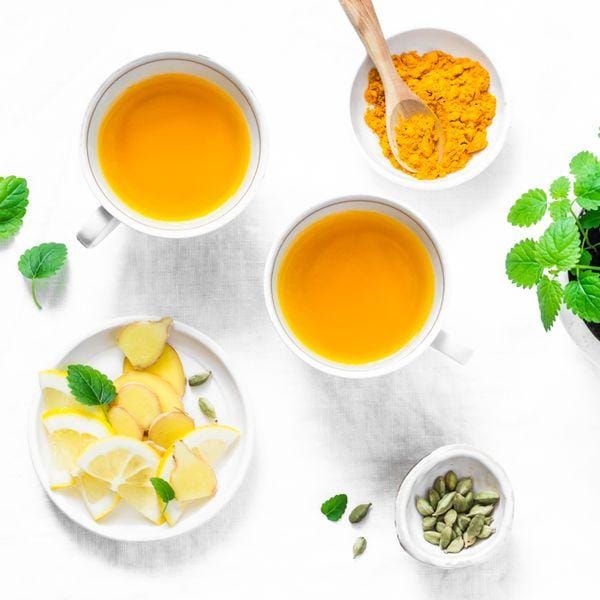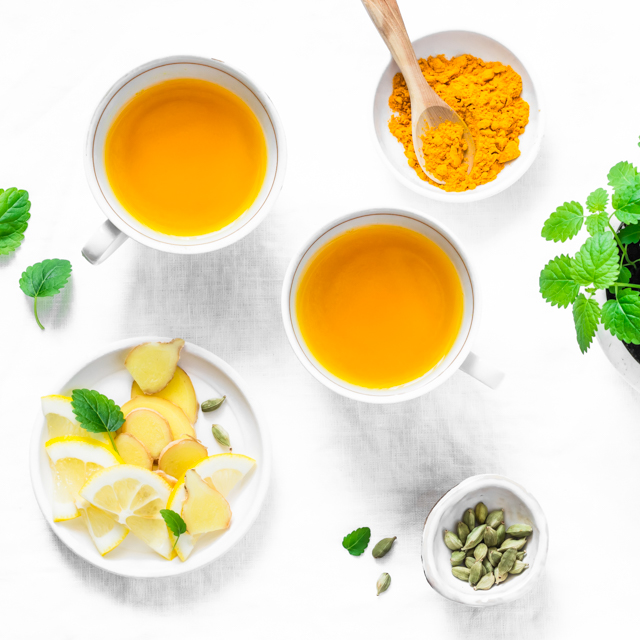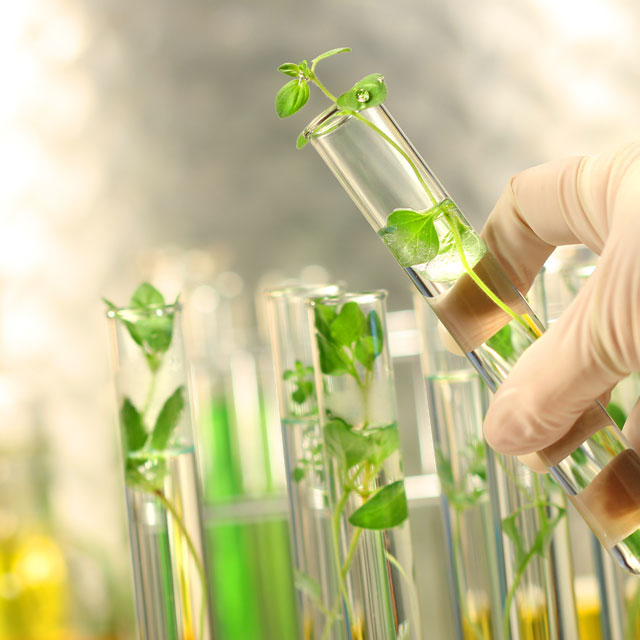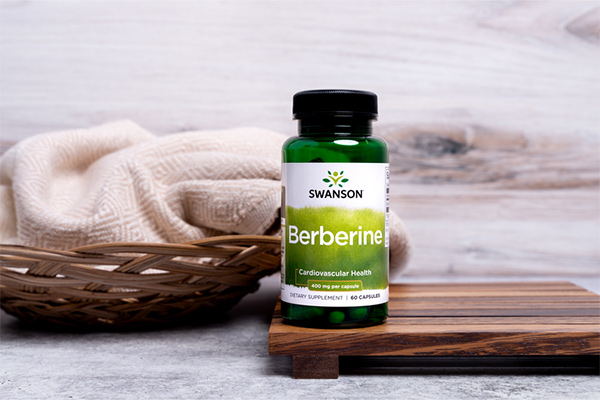Top 12 Wellness Teas
Pinpointing its exact origin is difficult, but historians estimate tea was discovered more than 5,000 years ago in Southeast China, Tibet or Northern India. Though accounts of its earliest usage are more based on legend than verifiable historical fact, tea is enjoyed throughout the world and in some cases, it's become a part of the fabric of the various cultures that enjoy its many virtues.
From Japanese tea ceremonies to afternoon tea in Great Britain, the various ways in which societies worldwide incorporate their own ingredients and recipes to make tea highlight the unique importance we put on this wonderful beverage.
Why the affinity for tea? Enjoying a comforting cup of tea helps us socialize, relax and warm ourselves. Certain types of tea even help us stay energized.
Plus, many teas have antioxidant properties and are made from the same plant sources as herbal supplements, giving us another way to enjoy the benefits of herbs.
Let’s take a look at some of the best teas for wellness and the health benefits they offer.
Best Teas for Energy
While many people turn to tea as a nice way to kick back and unwind, others are looking to boost their energy so they can power through the day. Here are three energy-enhancing teas to help you feel alert and focused:
Green Tea
There’s a lot to like about green tea and the benefits it can deliver. It’s packed with antioxidant polyphenols that fight free radicals, and research says it may help promote cardiovascular health and support cognitive function, all while giving you an energy boost!1
The energizing effects of green tea are due in part to its caffeine content, but that’s not all. According to studies, the catechin polyphenols in green tea play a role in increasing energy.2
Black Tea
Rich in antioxidants, black tea is one of the most-consumed teas on the planet. Black tea contains caffeine and is great for an energy boost, but studies show that compounds in black tea may have an insulin-enhancing effect, leading to an additional boost to energy beyond the effects of caffeine.3 Insulin helps carry sugar within the body to muscles where it can be used as energy.
Matcha Tea
As one of the best energy- and antioxidant-boosting teas out there, matcha is among our favorites. Matcha tea is made from the same plant other green teas are made from (Camellia sinensis), but it’s made by finely grinding the leaves to a mixable powder.
Since you’re consuming the whole leaf instead of just steeping it, you get more of the beneficial compounds from the tea leaves, including L-theanine, which supports a wakeful calmness. Research has shown that matcha tea promotes cognitive function, alertness and improved mental processing, and its antioxidant properties support overall wellbeing.4
Best Teas for Sleep
A warm cup of soothing tea is perfect for unwinding before bed. Certain teas are great for promoting a sense of calm to help you relax into restful and restorative sleep.
Chamomile Tea
A folk herb that’s been used for thousands of years, chamomile tea is still widely used today as a way for many areas of health, including free radical support and digestive health.
Researchers believe the sleep-boosting effects may be thanks to a flavonoid known as apigenin that’s found in chamomile tea. This flavonoid binds to benzodiazepine receptors within the brain to help support the shut-eye you crave.5
Passionflower Tea
The next time you’re having one of those nights of staring up at the ceiling, awaiting slumber that seems like it will never show up, try brewing some passionflower tea.
This tea has been in use since the 1600s. It’s made from exotic-looking purple vine flowers that tea-enthusiasts swear by for easing nervous tension and supporting restful sleep.
Studies have reported that individuals who drank passionflower tea every night for a week before going to bed rated their sleep quality as significantly better.6
Valerian Root Tea
A perennial plant that grows in parts of Europe, Asia and North America, valerian root tea features a unique aroma and is revered for promoting rest and relaxation.
Although the exact mechanisms for how valerian root tea is able to promote healthy sleep remain a continuing topic of research, studies have shown that it can have a significant effect on supporting a night of rest.7
Best Teas for Calm & Relaxation
Taking a moment to unplug is healthy in its own right, but adding a calming herbal tea can help you de-stress and make your self-care time extra special.
Here are three excellent teas to try for calm and relaxation:
Lavender Tea
The scent of lavender is a popular aromatherapy choice for creating a calming and relaxing environment, so it may not come as a surprise that lavender tea tops our list of calming teas.
Aside from its stress-busting and calm-supporting abilities, studies have shown that lavender tea enhances a sense of wellbeing and can also be used to encourage sleep.8
Lemon Balm Tea
Despite its name, lemon balm tea is not made from lemons or any part of the lemon tree. The lemon balm plant has been in use since at least the middle ages, primarily to promote soothing of the stomach and digestive system, as well as for calm and relaxation.9
There’s plenty of evidence to back up the use of lemon balm in either tea or supplement form as a nature-sourced way to de-stress.10 If you’ve had a tough day or just feel a little stressed, it may help to relax with a cup of lemon balm tea.
Ashwagandha Root Tea
A staple of the Ayurvedic tradition, ashwagandha is an adaptogenic herb that’s been utilized for centuries for many healthful purposes, including its ability to support stress reduction, relaxation and emotional wellbeing.
Its use as a stress-busting herb is also supported by science, as studies indicate that ashwagandha root tea can promote feelings of calm and may even boost mood.
The Best Teas for Digestion
If you’re experiencing mild digestive disturbances like gas, bloating or mild stomach upset, brewing a cup of tea may help. Research on herbal teas suggests that certain herbs may promote digestive health and comfort.
Peppermint Tea
The aroma of peppermint alone can be an invigorating treat for the senses and help you feel more energized. Peppermint tea has a refreshing flavor and it’s packed with flavonoids, antioxidant phenols, luteolin and hesperidin that can impart a wealth of benefits.12
Studies have shown that peppermint tea boosts energy levels, while also promoting cognitive function.13 It also features naturally-occurring compounds that support the relief of gas, bloating and other minor digestive complaints.12
Ginger Root Tea
If you’ve ever wondered why your grandparents swore by ginger ale to settle a stomach, it’s because ginger is a stellar herbal helper for calming the digestive system.
Next time, forget the sugary soft drink and reach for a cup of ginger root tea instead. Researchers have documented the direct effect ginger has on boosting stomach comfort.14
Licorice Root Tea
Throughout the centuries, licorice has been used and revered by many cultures for supporting the body’s defenses. Early adopters of licorice root tea included ancient Egyptians and the peoples of ancient China.
Research now supports many of the ancient beliefs about the health effects of licorice root tea, including its ability to boost digestion. Studies suggest the flavonoids glabrene and glabridin found in licorice help promote stomach comfort and reduce the effects of various minor stomach issues.15
The Many Benefits of Herbal Teas
Given the many health and wellness benefits tea has to offer, it’s no wonder that tea has become such an important part of many cultures worldwide.
Be sure to sign up for Swanson Health Emails to get expert advice and our best promotions delivered straight to your inbox.
About Lindsey Toth, MS, RD
Registered Dietitian
Lindsey is a nationally recognized registered dietitian and nutritionist with a soft spot for pie. She empowers people to take charge of their health by finding the balance between the pleasure and nourishment in food. Her philosophy is that you should take care of your body because it’s the only permanent home you have. It’s what inspired her to pursue a career in nutrition.
*These statements have not been evaluated by the Food and Drug Administration. These products are not intended to diagnose, treat, cure, or prevent any disease.
Sources
1. Beneficial Effects of Green Tea. Chinese Medicine. Read source
2. Efficacy of a Green Tea Extract. National Library of Medicine. Read source
3. Tea Enhances Insulin Activity. Journal of Agricultural and Food Chemistry. Read source
4. Acute Effects of Tea Constituents L-theanine. National Library of Medicine. Read source
5. Chamomile. National Library of Medicine. Read source
6. Passionflower Tea. Phytotherapy Research. Read source
7. Valerian. PubMed. Read source
8. Lavender and the Nervous System. National Library of Medicine. Read source
9. Assessment of Lemon Balm. National Library of Medicine. Read source
10. Anti-Stress Effects of Lemon Balm. Nutrients. Read source
11. An Overview on Ashwagandha. African Journal of Traditional, Complementary, and Alternative Medicines. Read source
12. A Review of Peppermint Tea. PubMed. Read source
13. Volatile Terpenes and Brain Function. PubMed. Read source
14. Ginger. National Library of Medicine. Read source
15. An Extract Study. National Library of Medicine. Read source




